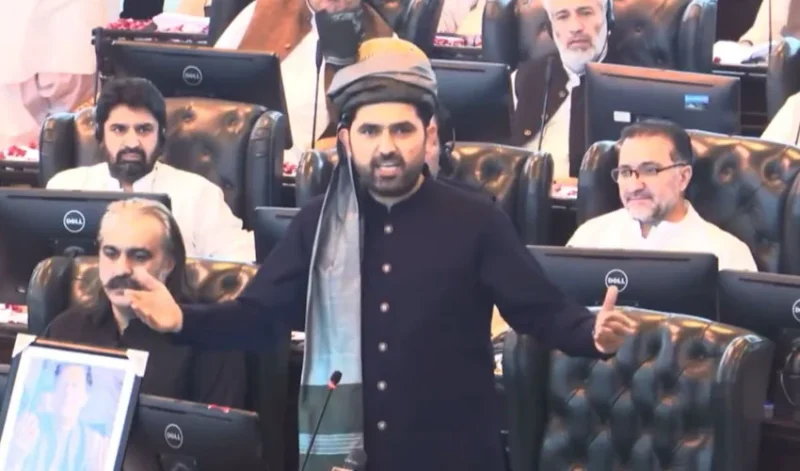The Islamabad High Court (IHC) on Monday overruled procedural objections raised by its registrar’s office against a petition filed by Khyber Pakhtunkhwa Chief Minister Sohail Afridi, who is seeking permission to meet incarcerated PTI founder Imran Khan. The court has issued notices to the Adiala jail superintendent and other relevant authorities for a hearing on October 23.
Chief Minister Afridi had filed the petition on October 17, following his swearing-in on October 15. After obtaining protective bail from the Peshawar High Court on October 16, he had proceeded to Adiala jail—where Imran Khan has been imprisoned since September 2023—but was denied a meeting. Afridi has stated that he intends to consult with the PTI founder before announcing his provincial cabinet.
During the hearing, Justice Arbab Muhammad Tahir presided over the matter and set aside the registrar’s objections. Afridi’s counsel, Advocate Ali Bukhari, argued that the registrar’s objection—which stated the petition was filed “without the provincial cabinet and government’s decision”—was invalid. He contended that this objection held no ground as the provincial cabinet has not yet been formed.
Following these arguments, the court formally removed the objections and issued notices to the interior secretary, the Punjab Home Department secretary, the Punjab inspector general of prisons, and the Adiala jail superintendent, requiring their response by the next hearing on October 23.
Afridi’s petition stated that the KP government had previously submitted formal requests to the federal interior ministry and the Punjab home department for a meeting with Imran Khan, but received no approval. The plea argued that consultation with the PTI founder is “legally and ethically necessary” for the chief minister to make key administrative and political decisions, including the formation of the cabinet.
The IHC registrar’s office had initially objected to the petition on the grounds that the court had already established a procedure for seeking permission to meet the PTI founder in similar cases, and questioned how a new petition could be filed without adhering to that prescribed process.














